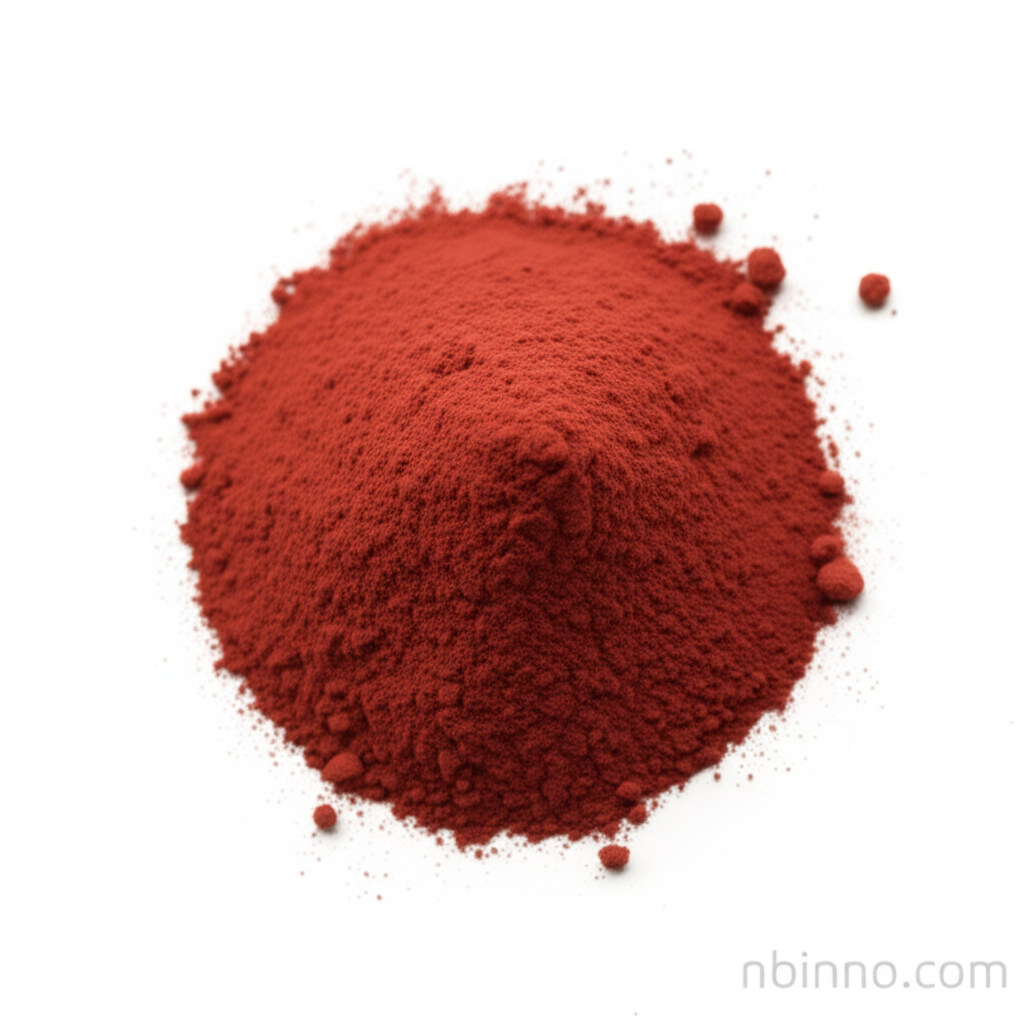Professional Supply Ferrous Fumarate CAS: 141-01-5: Key Properties, Applications, and Benefits
Discover the essential features and widespread uses of Ferrous Fumarate, a vital component in nutrition and industry.
Get a Quote & SampleProduct Core Value

Ferrous Fumarate
Ferrous Fumarate, identified by CAS number 141-01-5, is a critical compound offering significant benefits as both a nutritional supplement and an industrial catalyst. Its distinct reddish-orange to reddish-brown powder form makes it easily recognizable. This versatile substance is essential for addressing iron deficiency anemia, ensuring adequate iron levels in the body.
- The critical role of ferrous fumarate cas 141-01-5 in treating iron deficiency anemia is well-documented, providing essential iron for hemoglobin synthesis.
- High ferric content ensures effective absorption for antianemic agent applications, making it a preferred choice for health supplements.
- Adherence to stringent standards like FCC IV and USP24 underscores its quality as a food additive, ensuring safety for consumption.
- This powder specification is ideal for use as a synthesis material intermediate, contributing to the creation of various complex chemicals.
Advantages
Nutritional Efficacy
As a potent antianemic agent, Ferrous Fumarate effectively combats low iron levels, enhancing the body's ability to produce oxygen-carrying red blood cells, directly addressing iron deficiency anemia.
Industrial Versatility
Its properties make it a valuable positive catalyst in polymerization processes and a key synthesis material intermediate, showcasing its broad applicability across different industries.
Quality Assurance
Meeting international standards such as FCC IV and USP24 signifies the high purity and reliability of this chemical, ensuring it performs as expected in food and pharmaceutical applications.
Key Applications
Dietary Supplementation
Ferrous Fumarate is widely utilized as an iron supplement to prevent and treat iron deficiency anemia, contributing to overall health and vitality by ensuring adequate iron levels.
Food Industry
Recognized as a food additive, it enhances the nutritional profile of various food products, particularly those targeted at individuals at risk of iron deficiency.
Chemical Synthesis
As a synthesis material intermediate, it plays a crucial role in the production of other chemical compounds, demonstrating its importance in chemical manufacturing processes.
Catalysis
Its function as a positive catalyst is vital in various chemical reactions, including polymerization, where it influences reaction rates and product characteristics.
